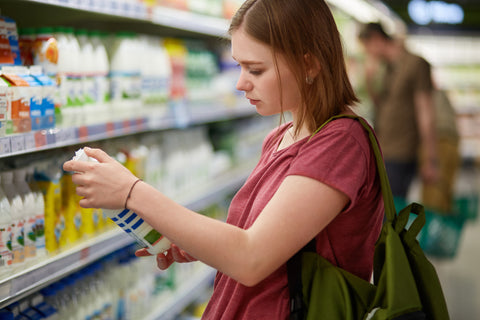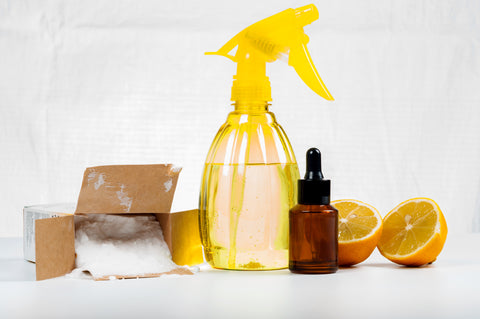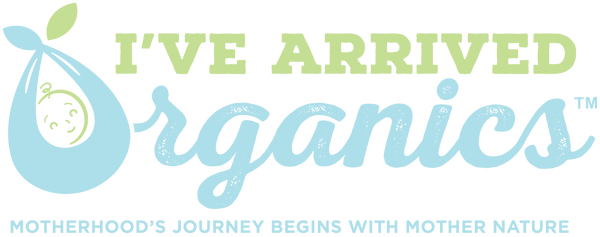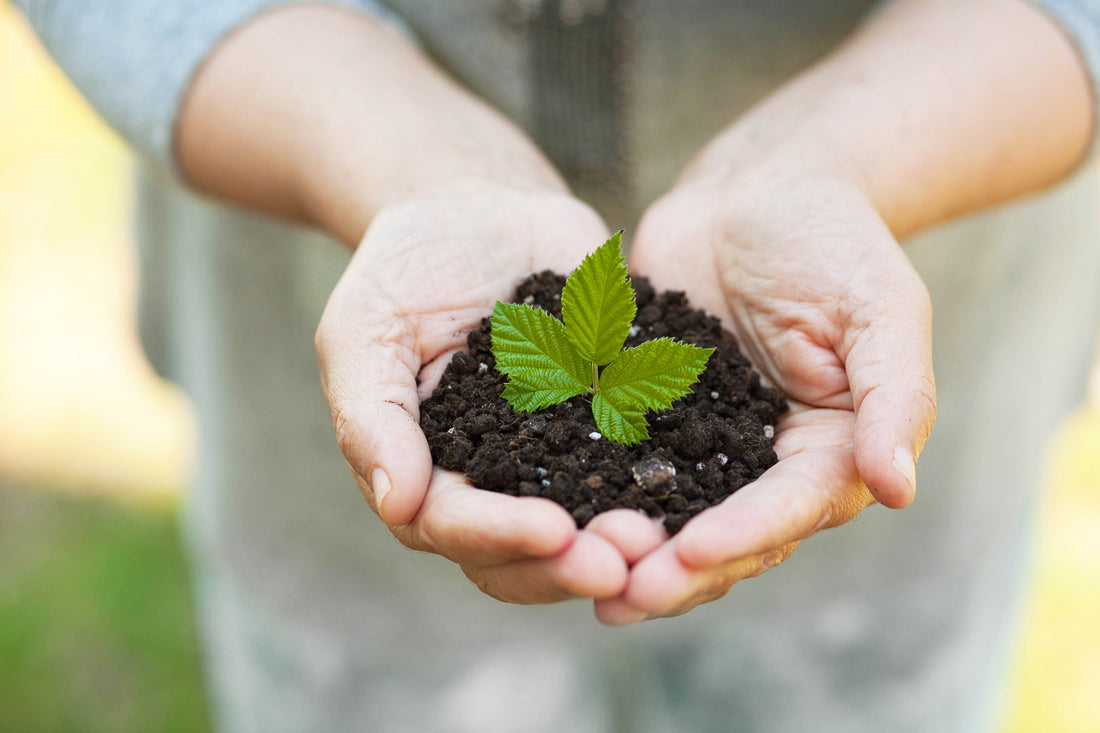Welcome to their official blog page of I’ve arrived organics. You have no idea how thrilled we are to have you stumble upon us or, like most organic-seeking mothers, we are happy beyond words that you diligently researched your way to our site. 
We truly hope to be one of your favorite destinations, so go ahead and bookmark us now. We will talk all things organic, motherhood & #MomLife...
But also fashion and music and healthy eats + all sorts of other things that make our lives full.
We would like to make this space interactive and fun for everyone. We can all share, teach and learn here together. We value your insight and feedback immensely.
We are a collective of earth-loving females, sisters, mothers, aunts & grandmas. (Yes! Dads, brothers, grandpas and uncles too! You are just as welcome here!)
So to kick things off, we wanted to share a few effortless ways to live more organically! A topic obviously very near and dear to our heart. And so valuable to both our families and our planet.

Choose non-toxic skincare products
There are a lot of skincare and makeup products out there that promise you a clear and bright complexion, but are they safe for the environment? Your body? Instead of sticking to the usual big brands, try slowly but surely shifting to organic products.
Just replace one of your usual skincare products with an organic alternative until all are finally non-toxic. There are many stores that have a section dedicated to displaying the organic skincare and beauty products. You can even create your own natural skincare products if you want. We will discuss that in the near future!

Carefully check labels.
Try not to fall for a product simply because of a large display that says “natural.” There are many brands that mislead organic consumers in order to get their unsavory share of the market. A truly organic product should have certifications. While there are organic products that simply don’t have certifications, it’s best to find one with the USDA Organic Seal. This ensures that the food you get has been organically grown and harvested according to the standards set by the USDA.
Monitor the Dirty Dozen Foods List
Whether you are on a budget and need to prioritize your organic purchases, or you would simply like to know which types of produce have the highest pesticide residues—the ever evolving yearly list from the Environmental Working Group is a great resource. The dirty dozen should serve as a guideline of what to buy organic above all other produce:
• Strawberries
• Spinach
• Kale
• Nectarines
• Apples
• Grapes
• Peaches
• Cherries
• Pears
• Tomatoes
• Celery
• Potatoes
Buy locally.
Depending on where you live, this may limit some of the fruits and vegetables you have access to, but buying locally supports your local economy and it also reduces green house gasses by eliminating the need to transport your food from far away countries. The best way to find local products is to visit your local farmer’s market. If you don’t have a farmer’s market in your area, look for small organic shops around where you live as these usually source local products.

Yeah Let's Be Real. Cleaning Sucks, But Toxic Cleaning Chemicals Suck More
Look for products that don’t include phosphates and phthalates. Many such chemicals released when using cleaning supplies contribute to chronic respiratory problems, allergic reactions and headaches. Also avoid cleaners with palm oil.
The production of palm oil has many negative environmental impacts, such as water and air pollution.
You can also stick to natural cleaning and disinfectant products. For example, baking soda, lemon juice, salt, and white vinegar can all be used to clean many parts of your home just as effectively and much more safely than some of the better known products.

Reduce, Reuse Recycle
You can reduce the amount of waste you produce. Bring your own bags to the store! Use real plates and glasses instead of paper and styrofoam. When packing lunches use reusable containers rather than disposable plastic bags.
Reusing is actually giving old things new life. How cool is that? Give away the clothes you own that you no longer love, or that your children have outgrown. Hand me downs are cool! And cherished!
Borrow, rent or share items that are used infrequently, like party decorations, tools or furniture.
Bored of a side table or chest of drawers? Paint it!
Recycling has become so effortless these days. You can request bins to be delivered to your house in many cities. Recycling reduces the amount of waste that ends up in gross and stinky land fills big time. Your younger kids will have a blast helping you sort your recycled boxes and cans etc.
We truly want to stress, not just as a very conscious brand but as people, that we know it’s not all easy going organic, especially over night. So we seriously salute you for every effort you make!
Lastly, we wanted to share some inspiring words + a lifestyle tip from owner, and designer, Jen:
We are all aware by now of the importance of living an organic lifestyle from the foods we eat to switching from conventional cleaning products to non toxic eco-friendly products and reducing the amount of carbon emissions to protect our eco-system, to name a few. But there are many other ways to live an organic lifestyle.
That’s right, LIFESTYLE. Organic is the way life was intended to live. The act of consciously thinking about the environment as a whole and how our behaviors affect it can create a path to a better world, a sustainable and eco-friendly Earth for now and for generations to come.
In this life, I believe we all have free will. Free will without constraints to choose and act upon the choices we make. By choosing to live an organic lifestyle is choosing to say NO to harsh chemicals, synthetics dyes, pesticides, pollution, toxins….the list goes on. but sticking to the fundamental theory that “Mother Nature knows best”
Now for her cool tip!
During the juicing process, skins, peels and pulp separate from the juice and go into a waste container. If you've been throwing these scraps away, try adding them to your garden's compost bin instead. This fibrous pulp breaks down quickly and infuses your compost with a variety of nutrients.
So, I do this myself with my juicer. At the end of the week I will collect all the compost material and use it as fertilizer for my plants. 
Hope you’ve loved this post! We would love your feedback. Stay tuned for so much more!

